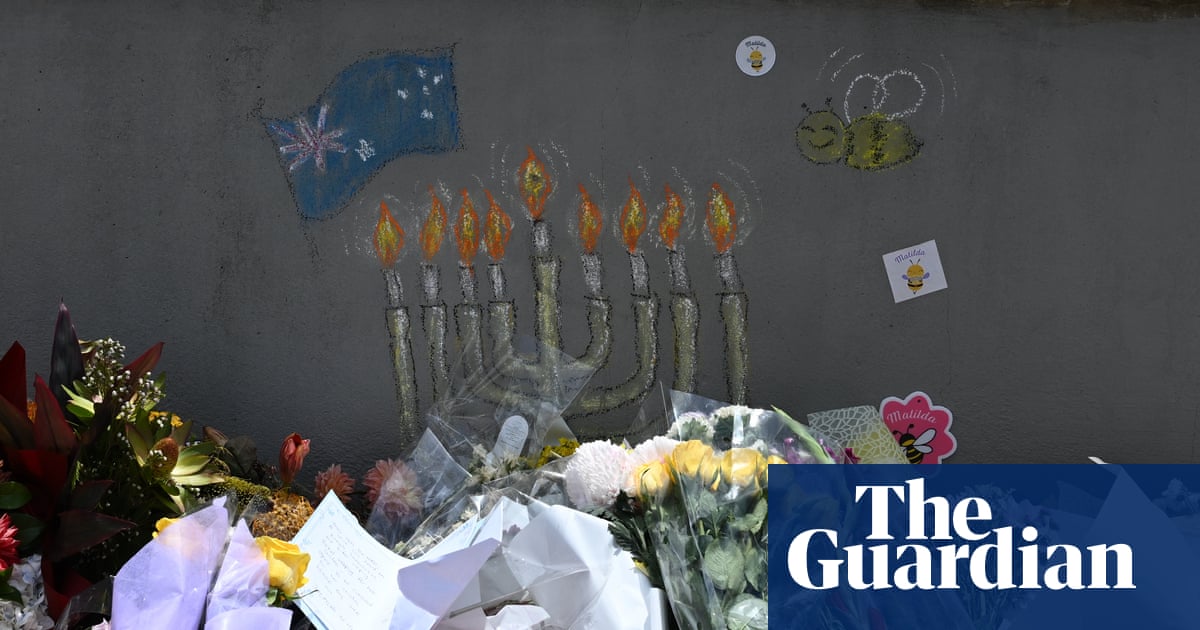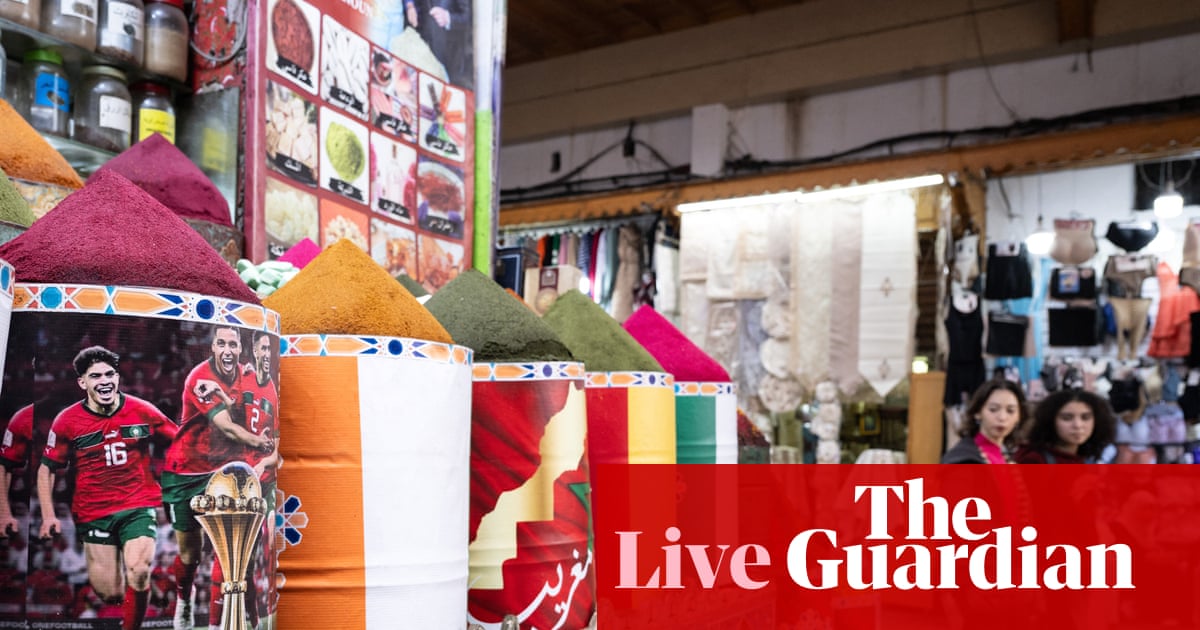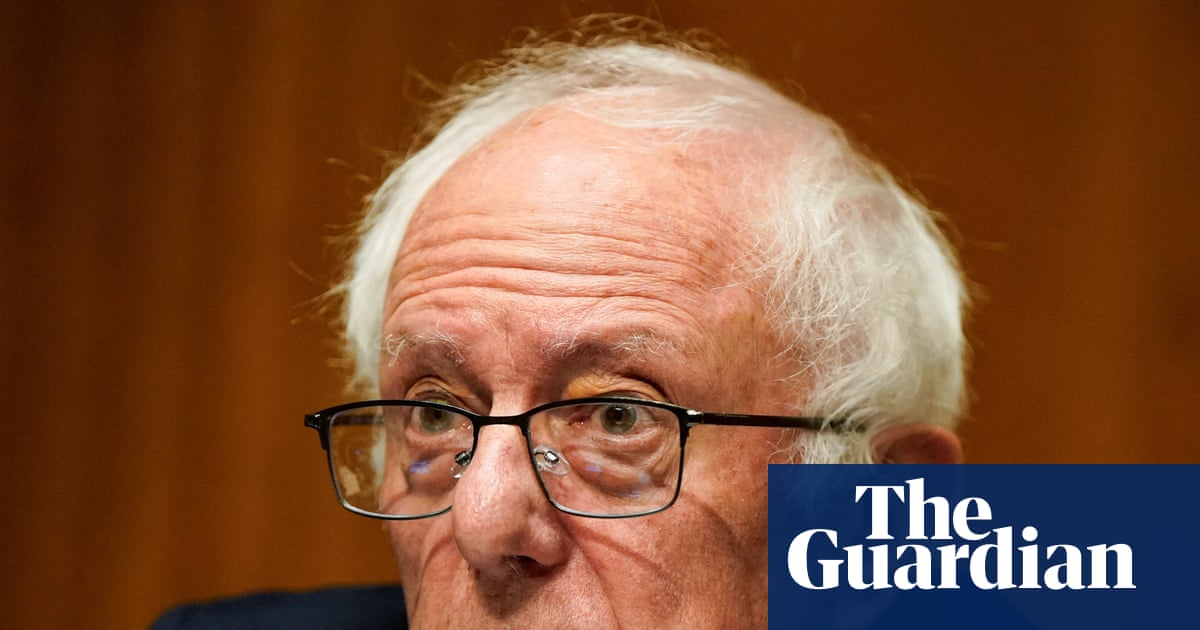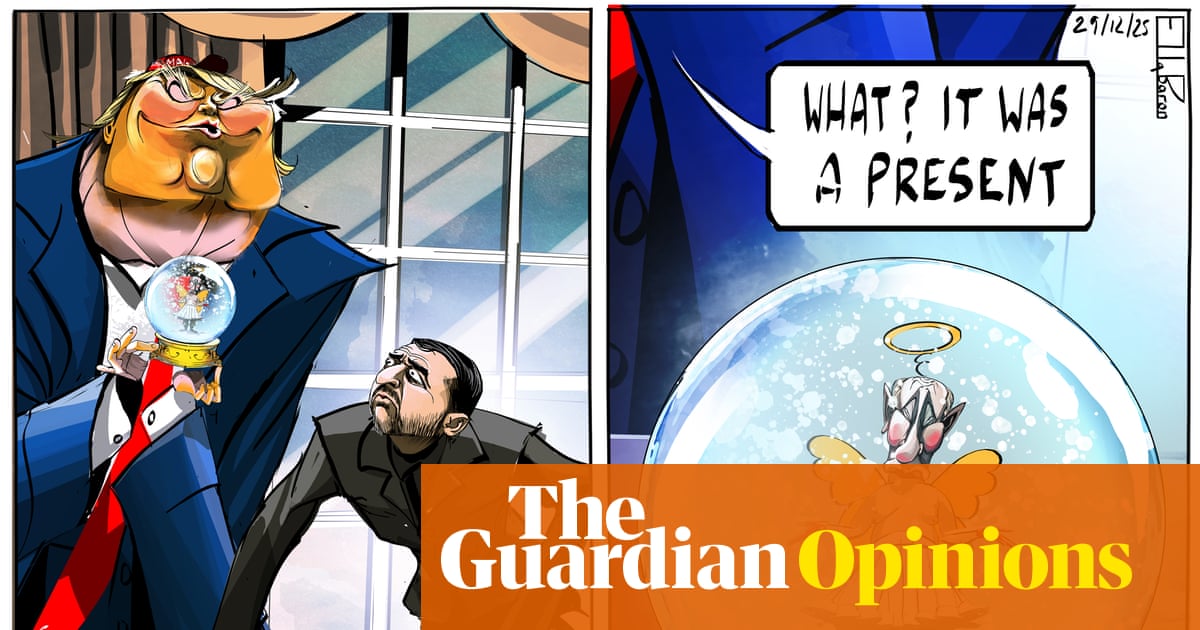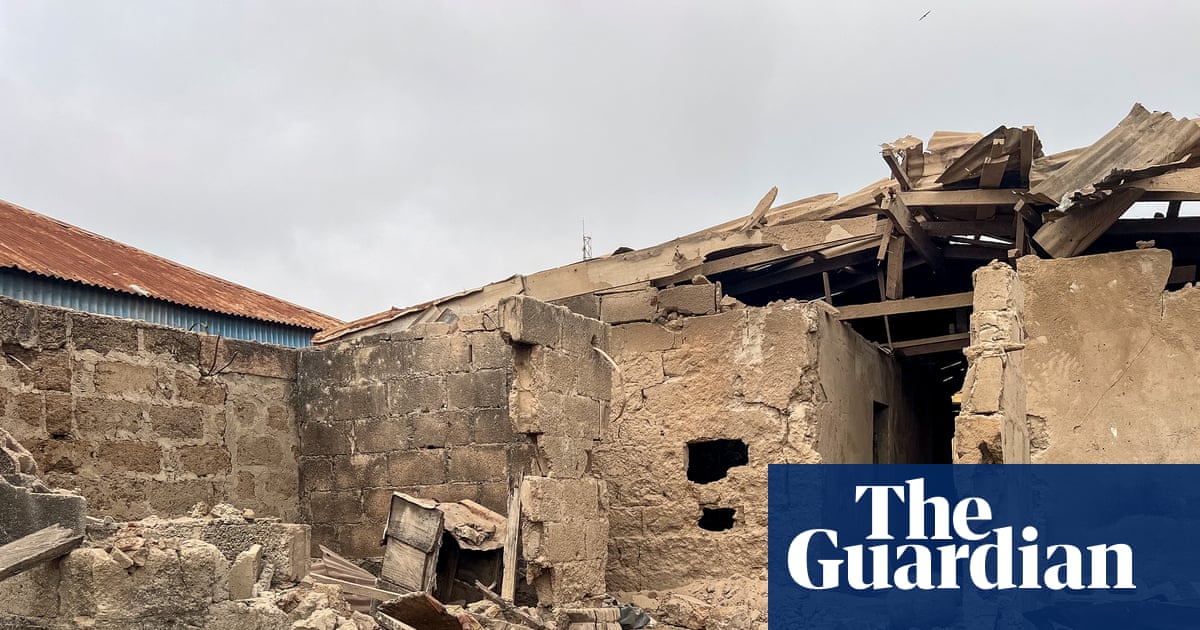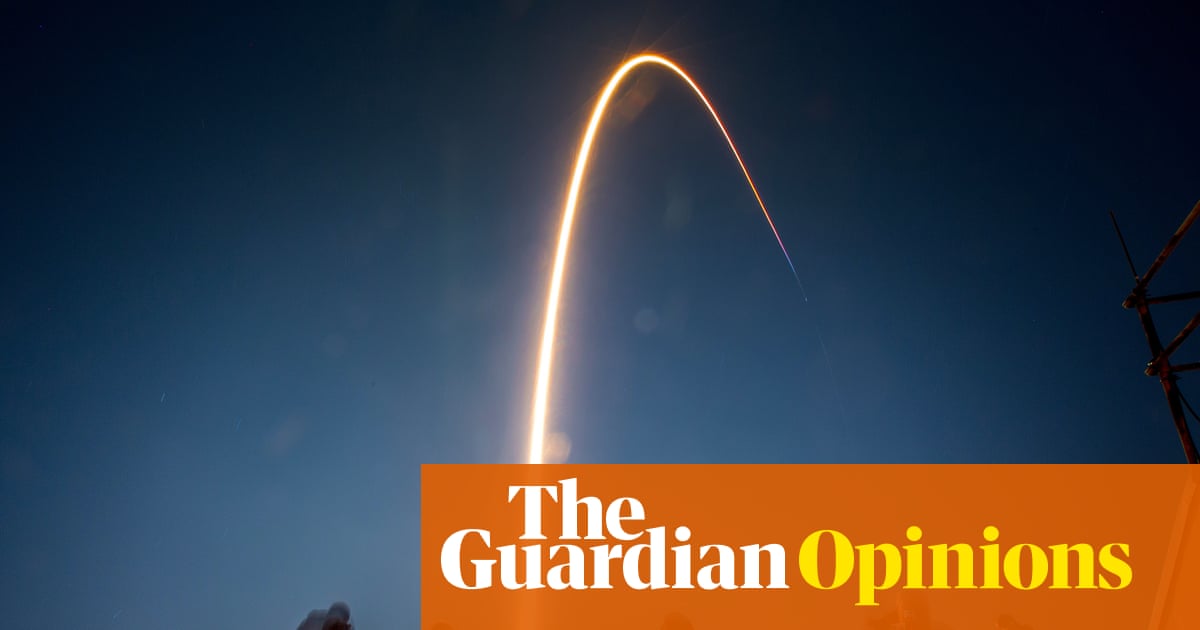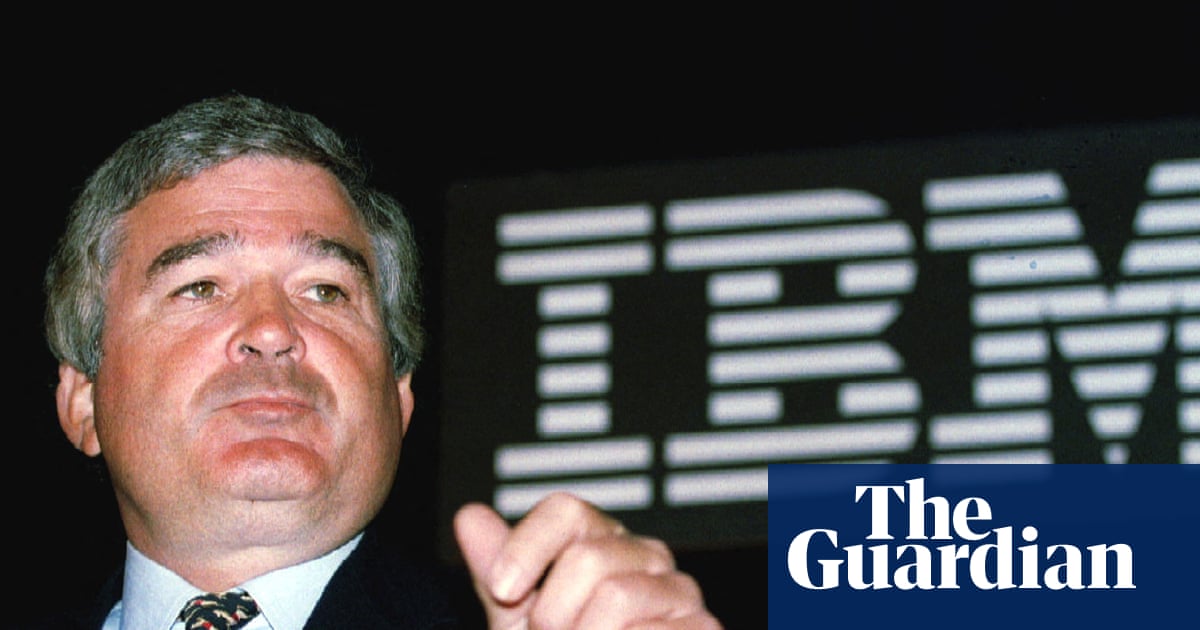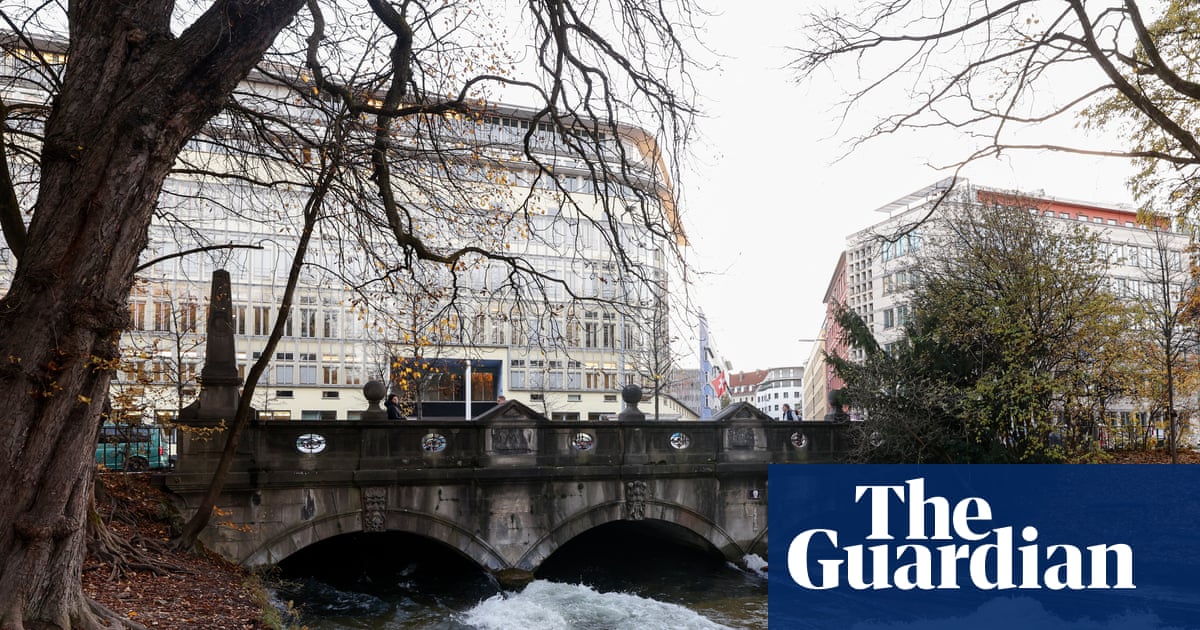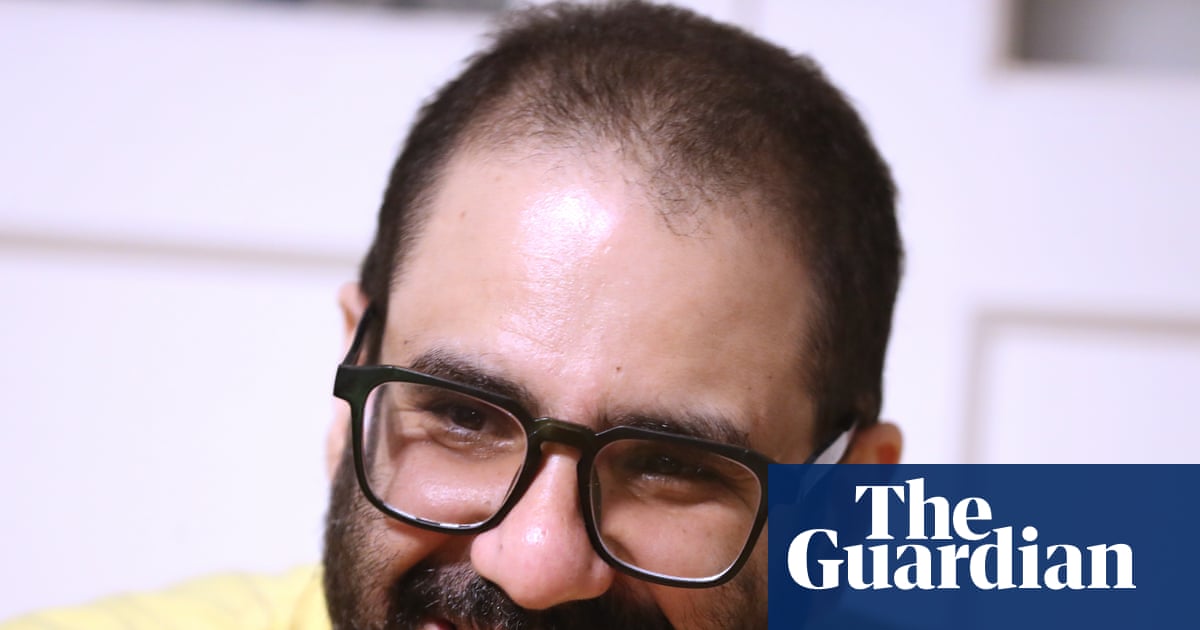I became a journalist because information is power, and right now we are living through an information armaggedon. Facts are under assault. Truth is being murdered. The casualty? Trust … making it impossible to govern. Only dictatorships thrive when there’s no trust.
And here are the three sentences I’ve said over and over since 2016 when I first said it in Silicon Valley, backed by data and hard-fought experience. Without facts, you can’t have truth. Without truth, you can’t have trust. Without trust, we have no shared reality.
We can’t begin to solve any problems, let alone existential ones like climate change. We can’t have journalism, we can’t have democracy.
In January, as the first speaker to kick off the jubilee year in the Vatican which normally happens once every 25 years, I told Pope Francis that an atom bomb had exploded in our information ecosystem. Just as new technology enabled the rise of fascism in the 1930s, today’s technology companies are enabling the weaponisation of information at an unprecedented scale.
And here’s what we’ve learned through painful experience: online violence is real-world violence. Tactics that were once used to radicalise the Bali bombers, other extremists and terrorists have now been unleashed on the public at large. The information wars being fought on these platforms don’t stay virtual – they spill into the streets, into voting booths, into policy decisions that shape our world.
From Ukraine to Gaza to Sudan to Myanmar, in my part of the world – they’re all connected by the corruption of our shared information ecosystem. Every war, every humanitarian crisis, every environmental catastrophe we face today – the Philippines has an average of 20 typhoons every year – is made worse by the systematic destruction of our ability to agree on basic facts.
This isn’t hyperbole. I lived through it in the Philippines. Now I’m watching it unfold in real time in America … and it is giving me both deja vu and PTSD.
I’m deeply concerned about similar patterns emerging in democracies around the world – including here.
Australia sits at a critical juncture. Press freedom is not constitutionally guaranteed in your country but a hyperconcentration of the media combined with occasional pressure from the authorities on media professionals endanger public interest journalism.
This makes Australia uniquely vulnerable. Your constitution has no bill of rights. Both the US and the Philippines has a bill of rights so that is not really a solution either, but you have no explicit guarantees of individual freedoms, including freedom of expression. What you have instead is an implied freedom of political communication – a threadbare protection in an age of information warfare.
The statistics are sobering. Australia has enacted 82 national security laws since September 11 2001 – more than anywhere else in the world. Many grant the government uniquely severe powers. When combined with defamation laws that make it relatively easy to bring and win suits, you’ve created a perfect storm for the erosion of press freedom.
But … you’re actually having the conversation that many democracies are not. The “Right to Know” campaign, the calls for a media freedom act, the constitutional referendum proposal – these are signs of a democracy that’s fighting back before it’s too late.
The greatest threat we face today isn’t any individual leader or government – it’s the technology that’s amplifying authoritarian tactics worldwide, enabled by democratic governments that abdicated their responsibility to protect the public.
Technology platforms have become weapons of mass destruction to democracy. Their algorithms spread infection. An MIT study from 2018 [showed] lies laced with fear, anger and hate spread faster than facts. The business model that rewards engagement over facts has made us all complicit in tearing apart our societies.
Australia has a choice to make. You can be leaders in defending democratic values and building the information infrastructure that humanity needs, or you can watch them erode while hoping it won’t happen here.
The good news is that Australia has many tools many countries lack. Your public broadcaster, the ABC, maintains relatively high public trust. During your elections, the ABC ran a story about how information warfare poisons chatbots.
You have strong journalistic traditions. You have a civil society that’s still mobilising for press freedom.
But you also have vulnerabilities. Media ownership concentration, declining regional news outlets, and thousands of lost journalism jobs have created an information desert in many communities. When local news dies, democracy withers.
The proposed media freedom act isn’t just good policy – it’s essential infrastructure for democracy. Just as you wouldn’t build a city without roads or bridges, you cannot build a healthy democracy without robust protections for press freedom.
Let me suggest three steps that Australia can take:
First, regulate big tech. Thank you, Australia, for your global leadership in your world-first social media ban for children under 16.
By placing the burden on social media companies – not parents or children – to prevent underage access, you’ve shifted responsibility where it belongs. These platforms have been experimenting on our children’s developing brains for profit. Your law sends a clear message: there’s a place for social media but there’s no place for predatory algorithms targeting children.
But don’t stop there. Australia abandoned its proposed law aimed at tackling disinformation on digital platforms last year. This was a mistake. The human rights we deserve in the physical world, we deserve in the virtual world. Platforms that profit from lies must be held accountable for the democratic damage they cause to users of all ages.
Second, build public interest tech. This is where I want to challenge every news organisation in this room. We cannot keep feeding the machine that’s destroying us. At Rappler, we’ve decided that empty promises from big tech are no longer enough. We decided this three years ago. We began building our own tech stack for the virtual world. We’re small. We’re from the global south, but this public interest tech stack, a place where real people can have real conversations without being insidiously manipulated, for power and money, is crucial.
Our vision, our ambition is a global federation of news organisations. At least four other independent news groups are joining us before the end of this year. This federation allows us to build a global network of news from the bottom up – an extremely valuable community of trust. Think radical collaboration.
Third:, strengthen press protections and invest in truth. Pass a media freedom act with real teeth. Create shield laws that protect journalists and their sources. Establish contestable warrant processes before raids on media organisations. Make press freedom a mandatory consideration in all government decisions.
Invest in the infrastructure of truth. Support independent journalism financially. Fund media literacy programs. Create incentives for quality journalism and disincentives for clickbait and disinformation. Make it accountable. Democracy isn’t free – it requires investment.
Australia has time that other democracies have squandered. You have advantages that the Philippines didn’t have. You have institutions that America may be losing. The question now is, what will you do with the advantages you have?
The choice, ultimately, is yours. But don’t take too long Australia. Democracy’s enemies are not waiting.
-
Maria Ressa is the 2021 Nobel peace prize laureate and CEO and co-founder of Rappler. This is an edited excerpt of her speech to the National Press Club

 3 months ago
65
3 months ago
65
